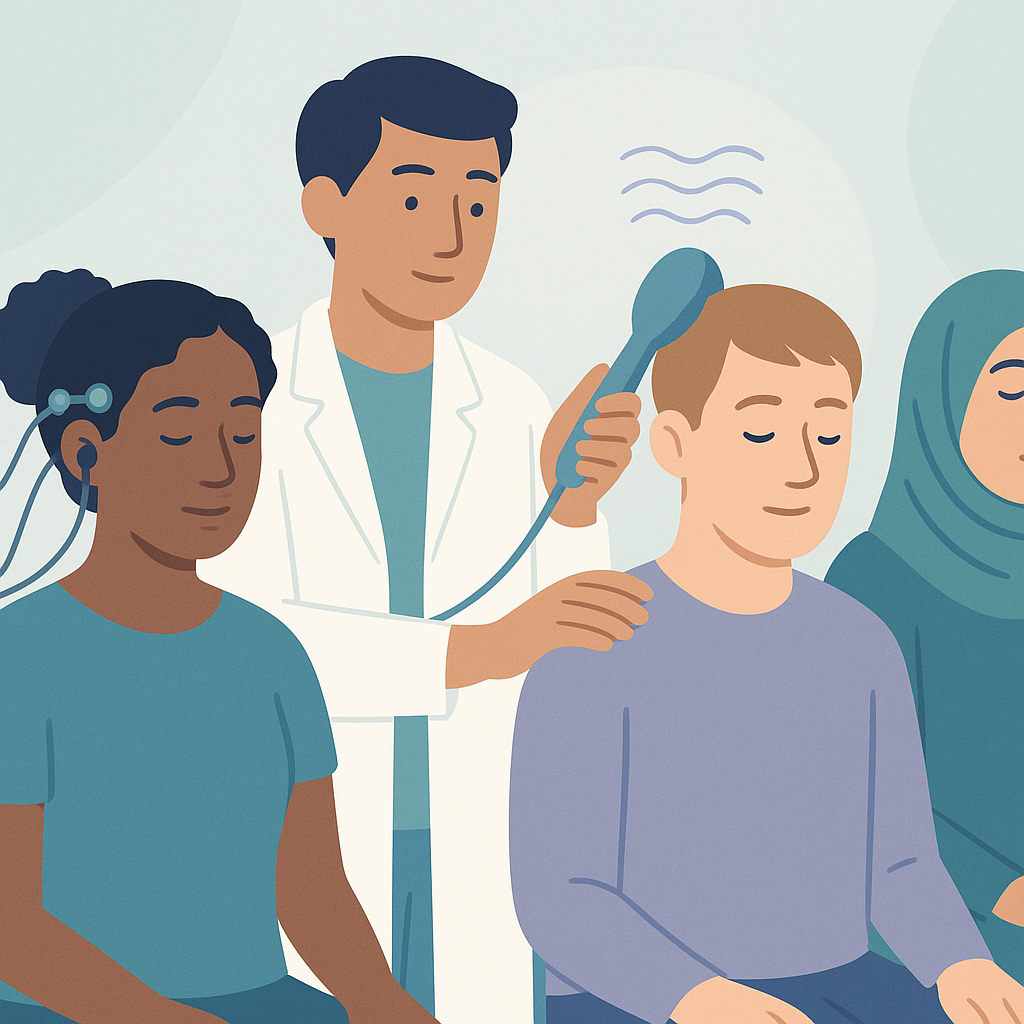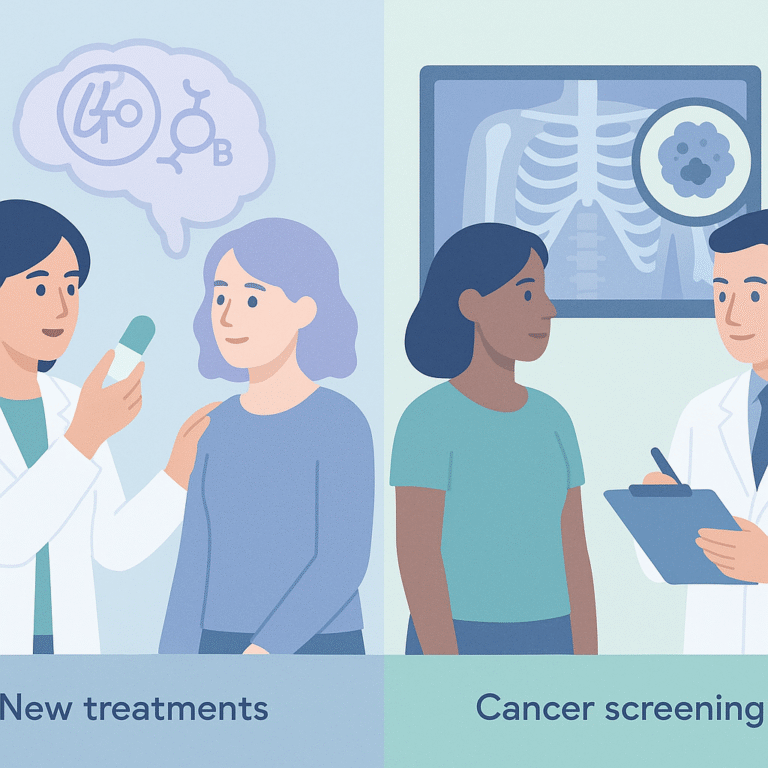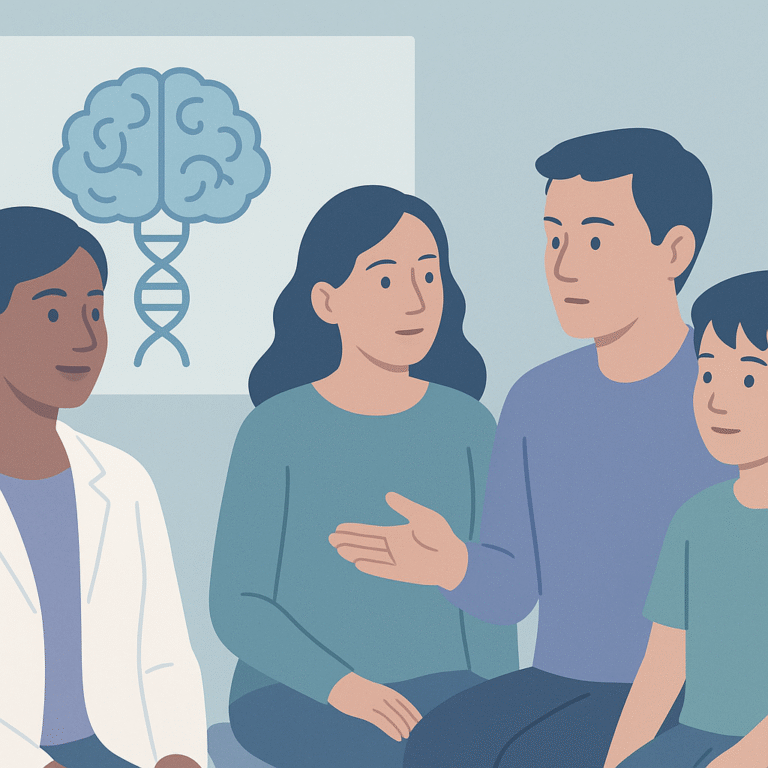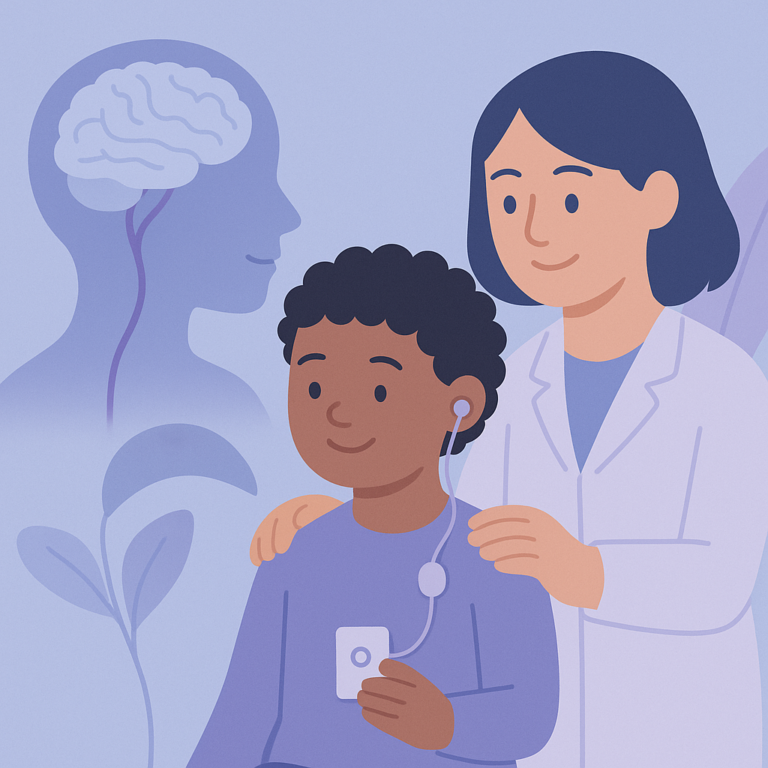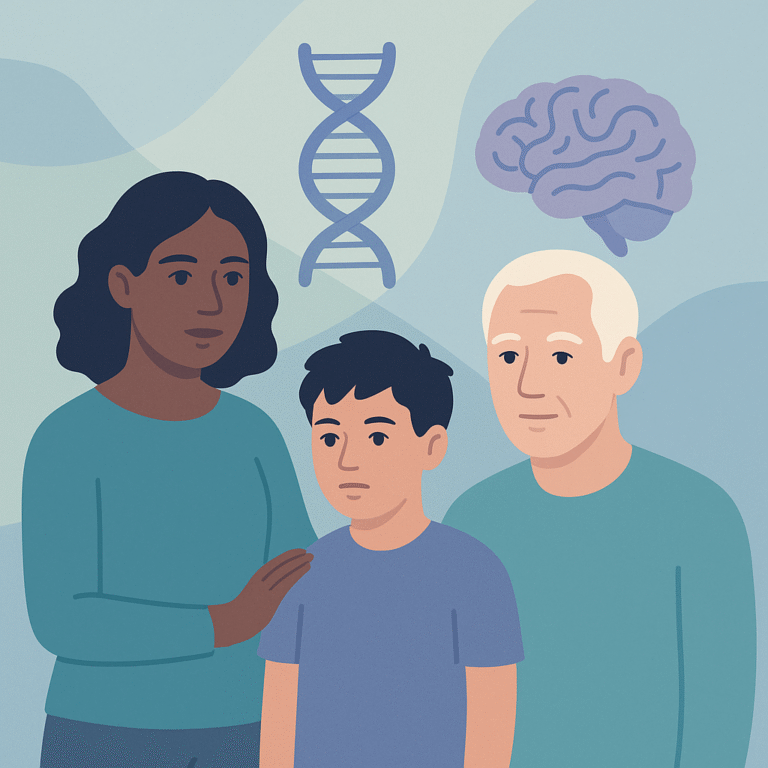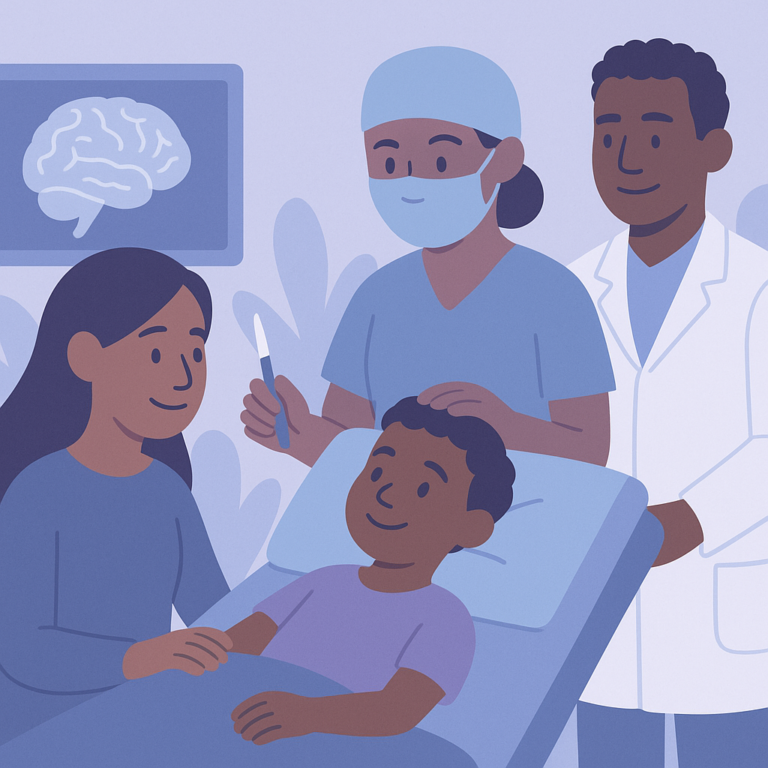New Brain Stimulation Method Shows Promise for Neurological Disorders
Summary
Researchers studied a method called transcranial temporal interference stimulation (tTIS) to see how it could help people with neurological and psychiatric disorders. They reviewed 48 records, including 20 published studies and 28 ongoing trials, involving a total of 820 participants. The studies looked at how tTIS affects the brain, particularly areas involved in movement and memory, and assessed its safety and potential benefits for conditions like Parkinson's disease and essential tremor.
The key findings showed that tTIS is generally safe and well-tolerated, with only mild side effects reported, such as tingling or itching. Some studies found that a single session of tTIS could lead to quick improvements in symptoms like slow movement and tremors in people with Parkinson's disease. The stimulation worked best when combined with specific tasks, suggesting it effectively targets important brain areas. Ongoing trials are exploring its use in other conditions, including epilepsy and depression.
This research is important because it suggests that tTIS could be a promising new treatment option for various brain-related disorders. However, most studies involved small groups of people, and more rigorous trials are needed to fully understand its effectiveness and long-term benefits. As research continues, it may help develop better treatments for those living with epilepsy and other neurological conditions.
Free: Seizure First Aid Quick Guide (PDF)
Plus one plain-language weekly digest of new epilepsy research.
Unsubscribe anytime. No medical advice.